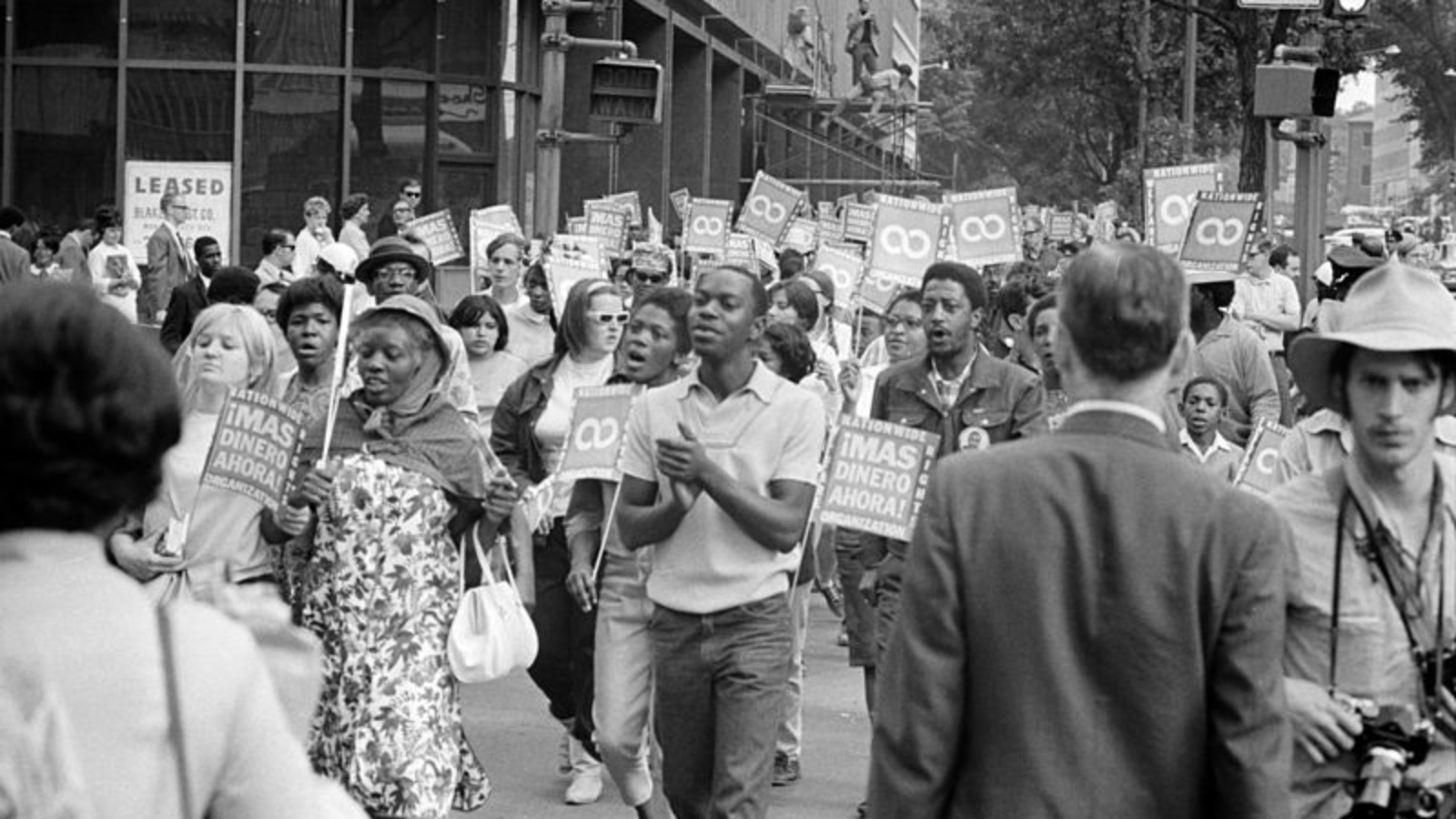By Slavoj Žižek
Half a century after May 1968 events in Paris (and elsewhere), the time has come to reflect upon the similarities and differences between the sexual liberation and feminism of the 1960s and the protest movements that flourish today, from LGBT+ to #MeToo. Although an immense abyss separates the revolt of the 60s from today’s protests, we are now witnessing a similar reappropriation of the energy of protest and revolt by the capitalist system.
* * *
One of the well-known graffiti slogans seen around Paris in 1968 was: “Structures do not walk on the streets.” In other words, one cannot explain the large student and worker demonstrations of that year in the terms of structuralism (which is why some historians even posit 1968 as a date that separates structuralism from post-structuralism, a movement that, so the story goes, is much more dynamic and prone to active political interventions). Yet Jacques Lacan claims that this, precisely, is what happened in 1968: Structures did descend onto the streets—the visibly explosive events were ultimately the result of a structural shift in the basic social and symbolic texture of modern Europe.
The consequences of the 1968 explosion have proven him right. What effectively happened in its aftermath was the rise of a new figure of the “spirit of capitalism”: Capitalism abandoned the Fordist centralized structure of the production process and in its place developed a network-based form of organization founded on employee initiative and autonomy in the workplace. Instead of a hierarchical-centralized chain of command, we now get networks with a multitude of participants, work organized in the form of teams or projects, a focus on customer satisfaction, and a general mobilization of workers thanks to their leaders’ vision. This new “spirit of capitalism” triumphantly recuperated the egalitarian and anti-hierarchical rhetoric of 1968, presenting itself as a successful libertarian revolt against the oppressive social organizations of corporate capitalism and “really existing” socialism.
* * *
* * *
Slavoj Žižek is a Hegelian philosopher and Communist political activist, working on the dialectical-materialist reading of German Idealism. His recent publications include Incontinence of the Void (MIT Press, 2017) and Reading Marx (with Agon Hamza and Frank Ruda, Polity Press, 2018).
[Photo courtesy of Warren K. Leffler, U.S. News & World Report]* * *
